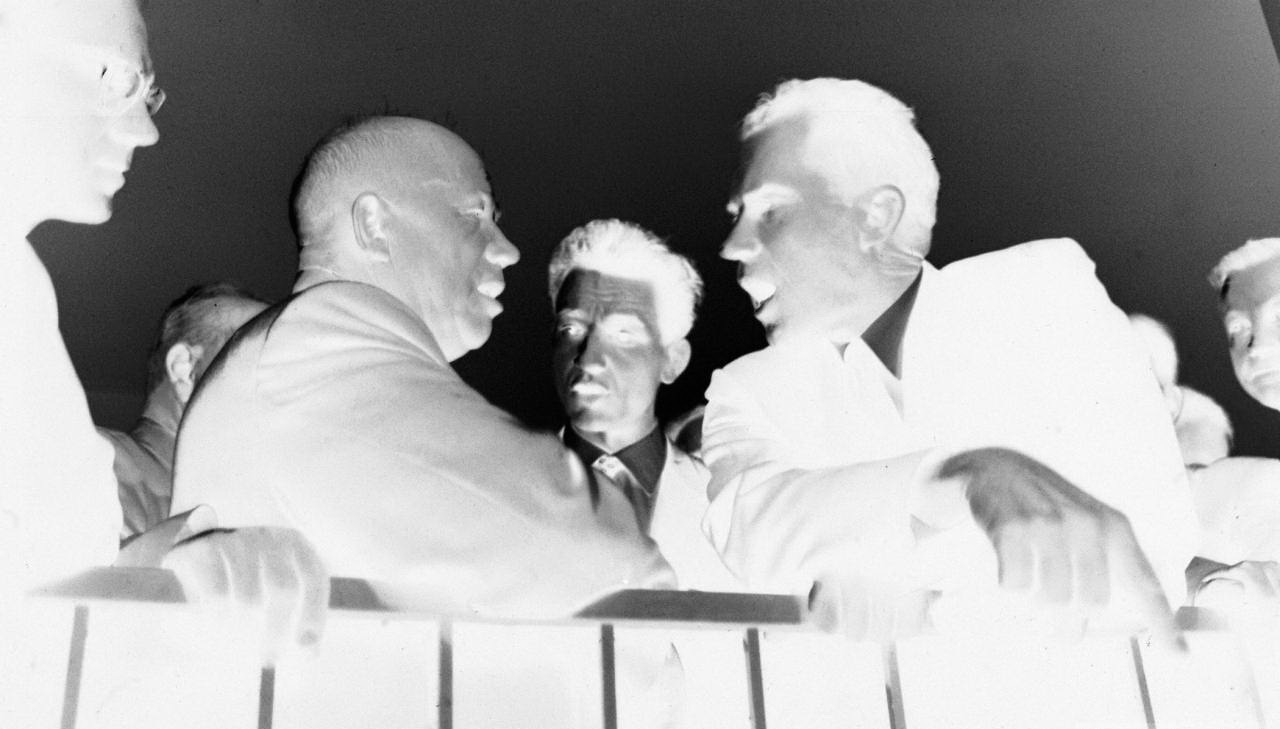Starting in 1956, the USSR begun reducing the total hours of labor, which had a deadline to meet by 1968. If this plan was successful, hours of labor would have went from 48 hours a week, to 30 hours a week, and the minimum wage would have went from 250 to more than 600 rubles.
In 1961, the CIA was worried as how the USSR could be reducing the workday, without reducing its efforts in the cold war.
CIA originally believed that if the USSR reduced work hours, then it would be harder for the USSR to maintain their defense. However, what they found was that USSR was able to solve many problems by reducing the hours worked. They were able to tap into a large reserve of labor.

The soviets forcing managers to reduce labor time in return led to higher automation, introduction of new technology, and more advanced production measures. Increasing output in light and heavy industry was achieved by increasing employment.
Reduction of labor hours in the USSR actually did what Marx predicted it would in volume 1 of capital. The density of the workday could be increased by reducing the workday. You could produce more by working less. The USSR proved Marx theory to be true.

https://www.cia.gov/readingroom/docs/CIA-RDP64B00346R000100200025-6.pdf
deleted by creator
“”“Land disputes the similarity between his ideas and fascism, claiming that “Fascism is a mass anti-capitalist movement,”[4] whereas he prefers that “[capitalist] corporate power should become the organizing force in society.”[4]”“”
https://en.wikipedia.org/wiki/Dark_Enlightenment#Relation_to_the_alt-right.
.
Damn, gimme some of whatever this mofo smoking.deleted by creator
Holy shit. Thanks for the heads up.
Didn’t know about Jehu, and a lot of that does sound pretty cringy.
That said, while fixating on simply killing the work week is obviously silly, I do think that reducing necessary work should be part of the goal for a socialist society. Necessary work should focus on providing for common needs, and people’s time for self directed development should be maximized.
Some people tend to have this idea that everyone would just turn into hedonist if they didn’t have to work, but in practice most people want to be productive in some way. So, the kind of society I would envision is one where people are provided with tools to do that. Some people will want to do research, others will want to make inventions, do art, study history, and so on. Ensuring people have the ability to do these things is a key part of having a socialist society in my opinion.
Clearly that’s not the kind of society that would be possible in the foreseeable future, but I do think it’s important to have a long term vision that we work towards.
deleted by creator
That is rather impressive. I think we should study the reforms that were happening after 1956.
I understand that not everyone likes Khruschev but he wasn’t the only one doing things at that time. Many ministers, many economists, and policy-makers.
(In general, I feel that the post-1956 era of the USSR is severely understudied.)
Really interesting, and food for thought for the future. But I wonder why China doesn’t encourage this nowadays




